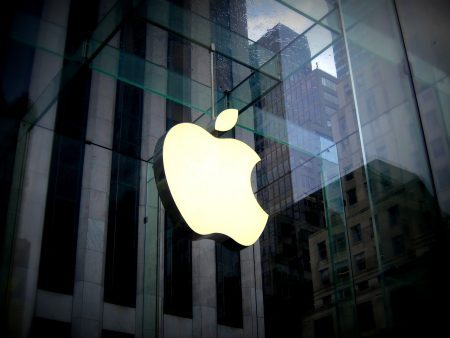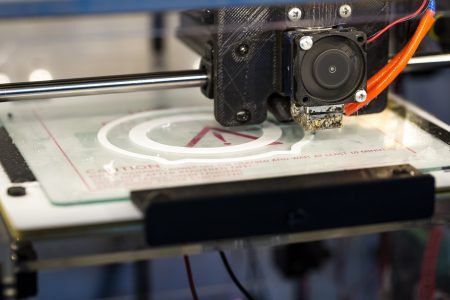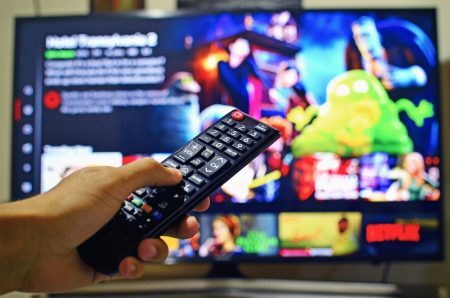It’s a familiar vision to anyone who has watched a lot of action movies or played Call of Duty: a…
Browsing: The Conversation
The wearable technology market is booming, with half a billion wearables sold globally in 2020. Apps on these devices, or the devices…
Around the world, bitcoin has a mixed reputation. Owning and using the cryptocurrency is legal in a majority of nations,…
Five antitrust laws proposed in the United States aim to aggressively rein in the market power of “big tech” companies…
United Airlines has announced it will purchase up to 50 Boom Overture supersonic jets for commercial use by 2029, heralding the return…
When your Netflix stream drops out in the middle of a rainstorm, can you blame the wild weather? Quite possibly.…
While the pandemic has restricted us from doing many activities we like, household hobbies such as DIY, baking and crafts have become more popular. Now…
Virtual reality (VR) and augmented reality (AR) aren’t just for gaming anymore, they’re also proving to be useful tools for…
The ruthless war between the world’s leading video-on-demand companies reached a climax when the Amazon acquired the legendary Hollywood studio…
There’s a scene in the 2008 film Iron Man that offers a glimpse of future interactions between human and artificial intelligence…










